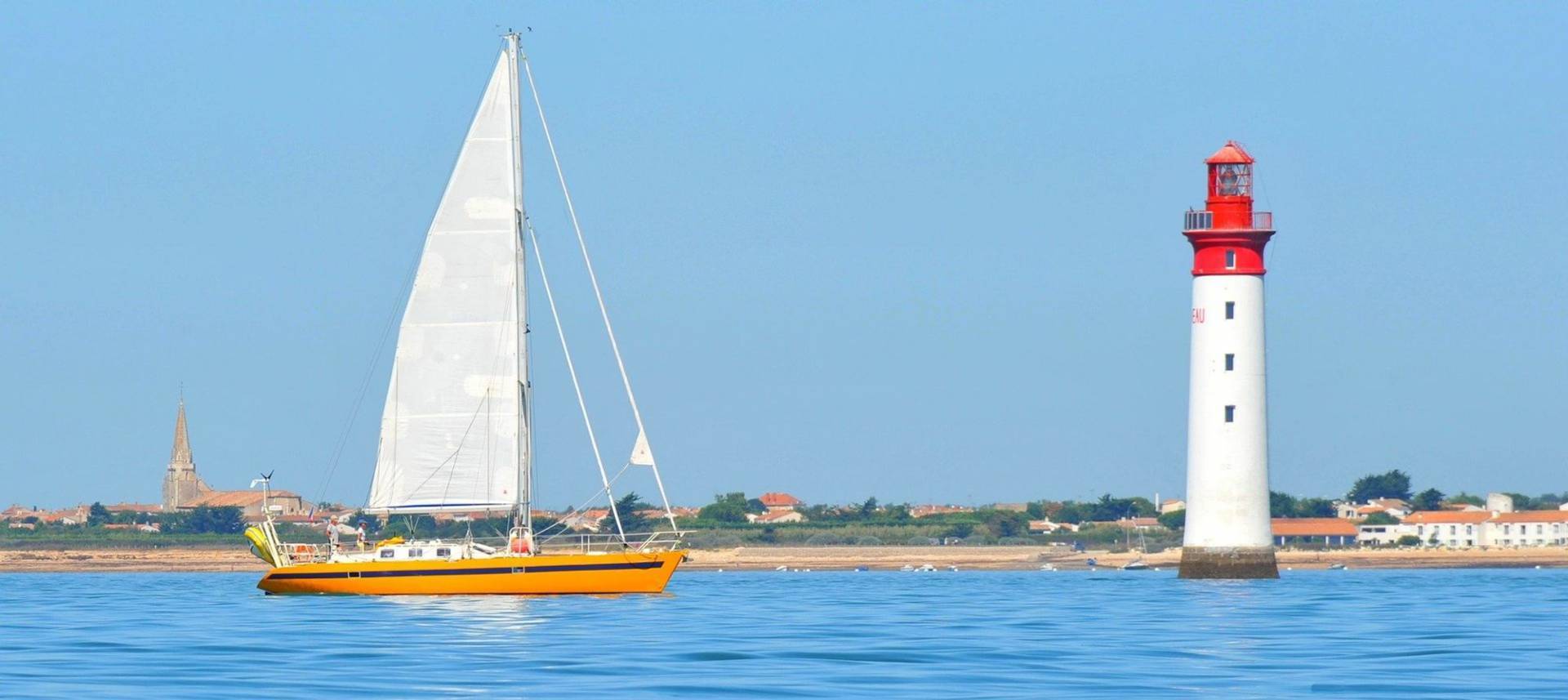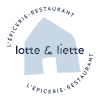Discover "Brouage"
The marshes and stronghold of Brouage (near Marennes, a place known for its oysters) have been listed as a "Grand Site de France" (Great Sites of France) since 1989.
In 2011, the town also joined the "Villages of Stone and Water" network, a label initiated by the region to promote exceptional sites with the distinction of being located on the edge of a body of water (sea, river, pond, etc.)
The stronghold of Brouage was a world-famous salt trading port named "Jacopolis sur Brouage", which became a Catholic naval port, desired by Cardinal Richelieu, who named it "Brouage" in 1627 to compete with the Huguenot stronghold of La Rochelle.
Ships from all over Europe transited here to stock up on "white gold" (salt), which at the time was the only way to preserve food.
"At the time, Brouage was the largest port in France, perhaps even in Europe," explains Joël Selo. "Every day, around a hundred ships waited to be loaded with salt. Salt was the lifeblood of war, the oil of the time. People fought for salt, traded in salt, and died for it."
Samuel de Champlain, cartographer, explorer, colonial administrator, and author, was born around 1567 in Brouage and died on December 25, 1635, in Quebec City. Known as the "Father of New France", Samuel de Champlain played a central role in the establishment and beginnings of this colony, from 1603 to 1635. He is also credited with the founding of Quebec City in 1608, as well as the exploration of the Atlantic coast (in Acadia), the interior of Canada and the Great Lakes region.
Photo credit :
© Stéphane MORAND - Charentes Tourisme
In 2011, the town also joined the "Villages of Stone and Water" network, a label initiated by the region to promote exceptional sites with the distinction of being located on the edge of a body of water (sea, river, pond, etc.)
The stronghold of Brouage was a world-famous salt trading port named "Jacopolis sur Brouage", which became a Catholic naval port, desired by Cardinal Richelieu, who named it "Brouage" in 1627 to compete with the Huguenot stronghold of La Rochelle.
Ships from all over Europe transited here to stock up on "white gold" (salt), which at the time was the only way to preserve food.
"At the time, Brouage was the largest port in France, perhaps even in Europe," explains Joël Selo. "Every day, around a hundred ships waited to be loaded with salt. Salt was the lifeblood of war, the oil of the time. People fought for salt, traded in salt, and died for it."
Samuel de Champlain, cartographer, explorer, colonial administrator, and author, was born around 1567 in Brouage and died on December 25, 1635, in Quebec City. Known as the "Father of New France", Samuel de Champlain played a central role in the establishment and beginnings of this colony, from 1603 to 1635. He is also credited with the founding of Quebec City in 1608, as well as the exploration of the Atlantic coast (in Acadia), the interior of Canada and the Great Lakes region.
Photo credit :
© Stéphane MORAND - Charentes Tourisme






